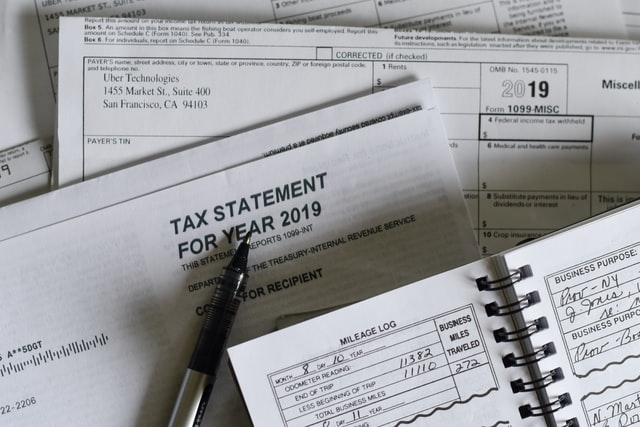OFWs abroad do not lose their rights as citizens of the Philippines. That said, they also retain the obligations and responsibilities associated with their Filipino citizenship, and it includes paying taxes to the Philippine government.
Also Read: Fees that OFWs Do Not Need to Pay According to the Migrant Workers Act
OFWs and Philippine taxation laws
According to Philippine taxation laws, all Filipinos must be taxed based on the taxable income derived in and out of the country. That means, regardless of source and location, all income earned by Filipinos are taxable.
However, the Bureau of Internal Revenue (BIR) has a different tax treatment of earnings and remittances of OFWs. BIR’s Revenue Regulation No. 1-2011 which was amended in part by Revenue Regulation No. 11-2012, says that an OFW’s wage or income ”arising out of his overseas employment is exempt from income tax.”

Tax Reciprocity Rule
Since OFW salaries are taxed in the country where they work, the Philippines exempts this income under the Tax Reciprocity Rule. Likewise, foreigners working in the Philippines are taxed here for income and wages earned within the Philippines and are also not required to pay income taxes in their home country.
However, income earned by OFWs from business activities or properties with the Philippines is still taxable. So even if OFWs are abroad, if they receive income from sources within the Philippines, these need to be reported to the BIR and appropriately taxed.
Applying for Your Taxpayer Identification Number (TIN)
OFWs can apply for a TIN in the Philippines simply by visiting the nearest BIR Office and providing the following requirements:
Documentary Requirements
- Birth certificate or any valid identification showing the applicant’s name, address, and birth date; or
- Passport with visa; or
- Employment contract
- For OFWs and seamen earning purely foreign-sourced income: BIR Form 1904 – Application for Registration for One-Time Taxpayer and Person Registering under E.O. 98
Once the BIR Form is accomplished, it can be submitted along with the required attachments to the BIR Office closest to the applicant’s place of residence in the Philippines.
Note that the application for registration must be accomplished and filed before one can file for a return, a statement, or a declaration.